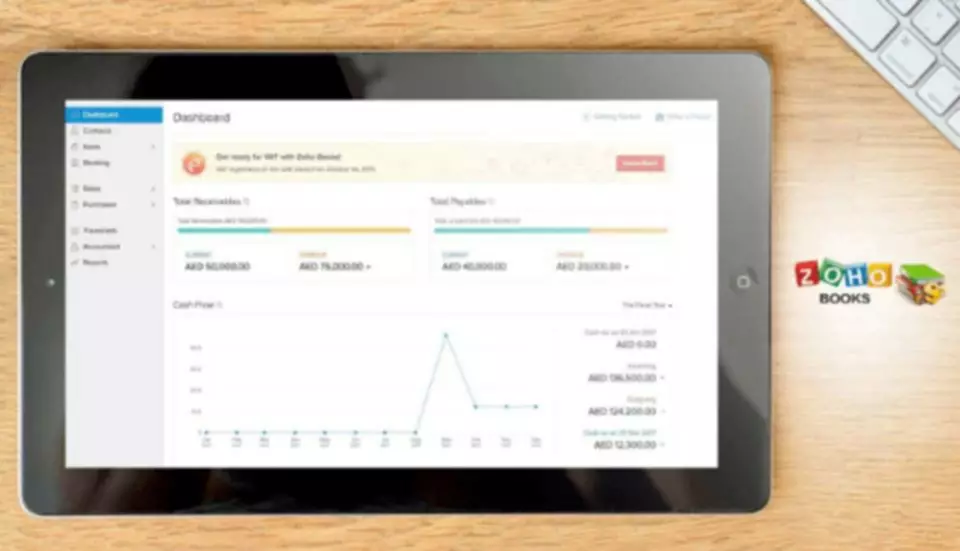Content

AltLINE is a direct bank lender and a division of The Southern Bank Company, a community bank originally founded in 1936. Easier transition to bank loan – A bank factor works with many businesses who are considered outside of the traditional credit box. Many of these businesses have been told “no” by a bank for a commercial loan, but they are still very strong candidates for working with a bank that offers factoring, or accounts receivable financing. Businesses that work with a bank owned factoring company may also have an easier time transitioning to a commercial loan at a later date.
The specifics can vary significantly from one factoring company to another. Some factoring companies charge additional fees for services like money transfers, account setup, credit checks, etc. Understand all potential costs before entering into a factoring agreement.
Read More
Universal Funding can get you the working capital you need with quick and easy invoice factoring. The amount a factoring company takes depends on the creditworthiness of your customers, the number of invoices you have, and the value of your invoices. Now, even though you’ve sold a lot of goods, you don’t have the immediate cash flow to pay your employees, because you haven’t received your payments yet. Another https://www.bookstime.com/ good scenario where invoice factoring is useful is in expanding your inventory to cater to more customers. Again, this requires a significant amount of funding to pull off, which can be challenging for any business that’s just starting out. If the demand for your product is increasing and you want to double down and meet that demand, you’ll need the help of a factoring company to give you the funding you need.
- It’s crucial to understand the pros and cons of invoice financing compared with alternative financing options.
- If your business needs a financing source that’s ongoing, invoice factoring could be the correct decision, regardless of your business size.
- There are more than these examples that might find invoice factoring helpful in managing their cash flow.
- To start the factoring process, a business owner will sign a contract with a factoring company, agreeing to sell its invoices, also referred to as the business’s accounts receivable.
- Competitive rates – In addition, since the bank has its own funds, it can offer the business very competitive rates.
- For more information about these specific fees and what they mean, read our full articles on understand invoice factoring agreements and invoice factoring float and other hidden fees explained.
- So she approached a factoring company with experience in the food service and retail industries.
Invoice financing (same as receivable financing, or invoice finance), on the other hand, is an asset-based business loan. In this case, you are borrowing a percentage of your unpaid invoice amount, using the receivables as collateral. Thereof, you are still responsible for collecting debt and paying back the money owed. Keep in mind that with invoicing factoring, you can only sell invoices that are payable within 90 days. If the payment term is any longer that that, your invoice may not be eligible for invoice factoring.
Recourse or Non-recourse Factoring
The factor can represent itself as part of the company’s financing department, for instance, via confidential factoring. To issue the invoice, you can employ invoicing software like InvoiceOwl that lets you generate an invoice in a matter of minutes. To begin with, you can try free trial and access its premium invoice factoring process features that give you more than just generating invoices. We provide a detailed monthly analysis of the US economy, how it’s affecting your business finances, and expert tips on opportunities for your business. When your customers are able to better access funds, they too can spend and grow more.
Is invoice factoring a loan?
It's not a loan; business owners don't have to worry about paying the money back because their customer pays the factoring company. Most importantly, choosing to factor invoices doesn't mean a business is struggling or can't reliably serve its customers.
“Spot factoring,” which refers to factoring a single invoice, is sometimes offered by factoring companies. It is far more common for factoring companies to work only with companies that are willing to make the majority of their invoices available for factoring. It is common to establish a contractual minimum, and if invoices don’t meet it, a fee is charged. When searching for an invoice finance company, it’s crucial to ensure you don’t get hit with unexpected fees concealed behind a strikingly good offer. When the invoice gets finalised, the cash is directly sent to the debt factoring facility, at which point Sarah receives the remaining £2,000 minus the company’s service charge. From the £20,000 that Sarah sold, she would pay £800 for a 4% service fee in exchange for instant access to the cash she’s owed.
Pros and cons of factoring
In our example, the factoring firm subtracts their service fee of 4% of the invoice amount. While some small businesses might be fine with the factoring fee, 4% of the invoice amount is quite pricey and can be too much for some business owners. Invoices issued to customers who’ve had a good payment history might be the best ones to sell to factoring firms. Factoring invoices and financing accounts receivables benefit businesses by providing them with funds before collection. Both financing options put money into your business quickly, which means they are a good choice when working capital is a critical component of your business operations.
As we’ve discussed already in this article, if you are considering invoice factoring, you might also be interested in invoice financing. Similar to invoice factoring, invoice financing is also a solution for fixing cash flow issues that allows small business owners to get advances on unpaid invoices. Both invoice factoring and invoice financing involve a third party company to help businesses turn unpaid invoices into cash. Both invoice factoring and accounts receivable financing benefit businesses by providing funds in advance of collection.
Popular among small businesses, invoice factoring and financing are options worth considering for all types of businesses, regardless of industry. These type of financing plans work well for some growing businesses because they help make you unlock the funds you currently have sitting in unpaid, high-value invoices. If your business is struggling, this type of financing can also serve as a crucial lifeline by lowering your days sales outstanding (DSO) metrics, meaning you get your payments faster. Once you receive your advance against the invoice, you can use the money however you want – such as for expansion, equipment or payroll.
